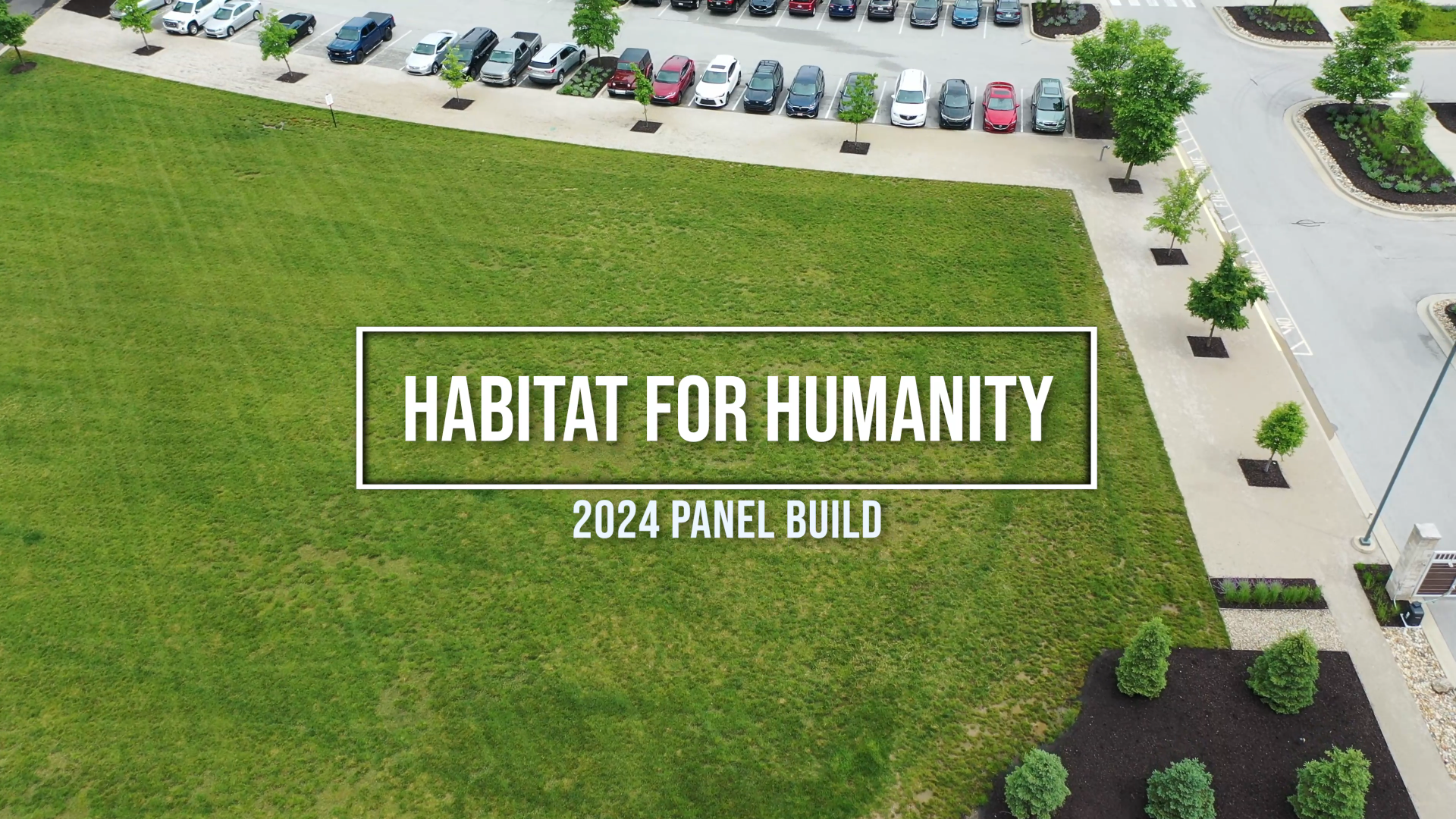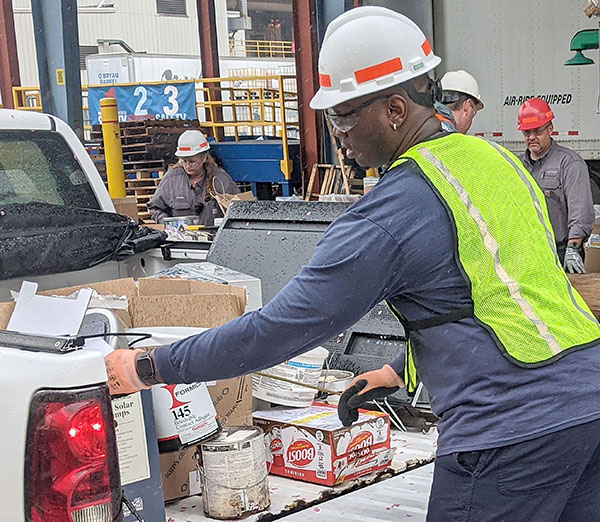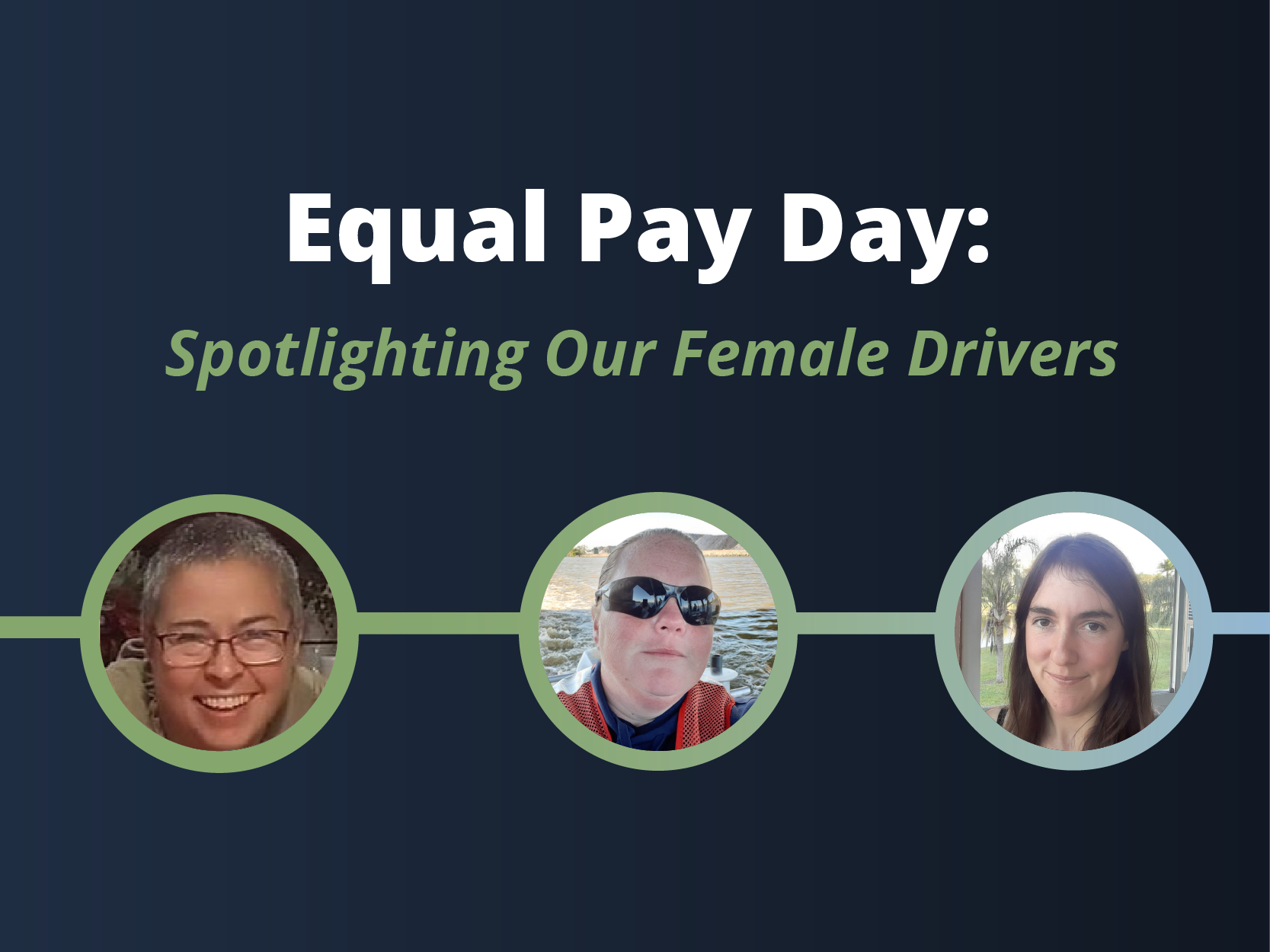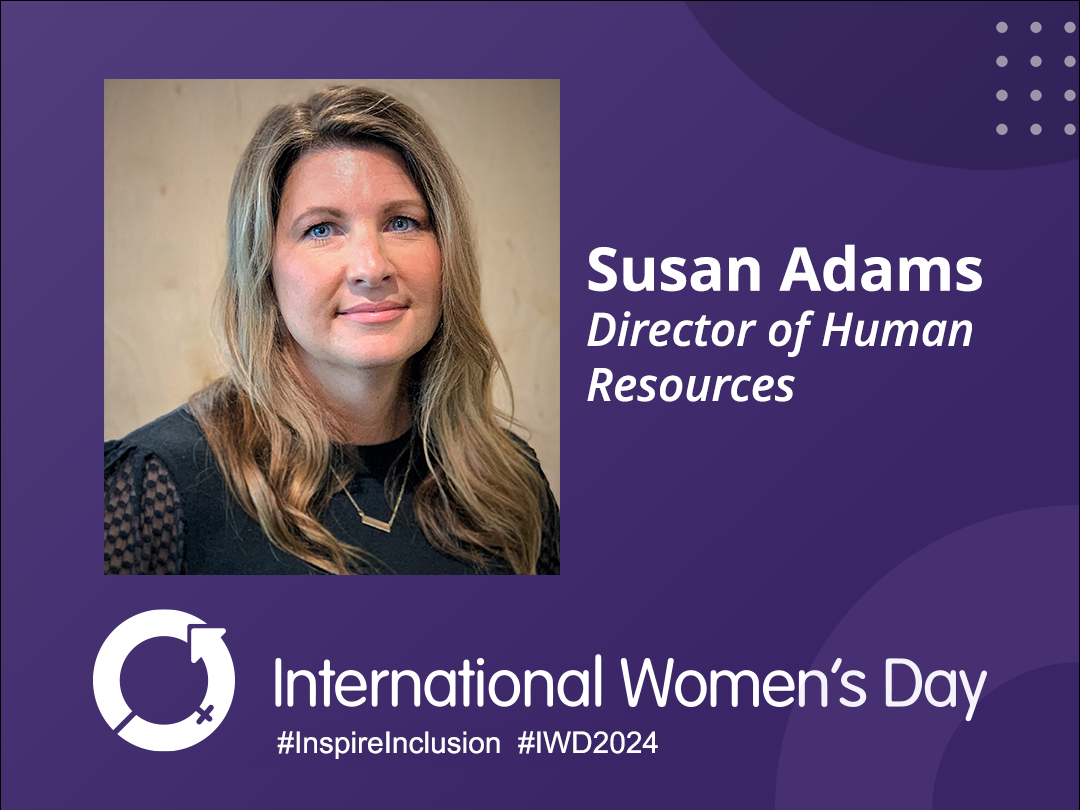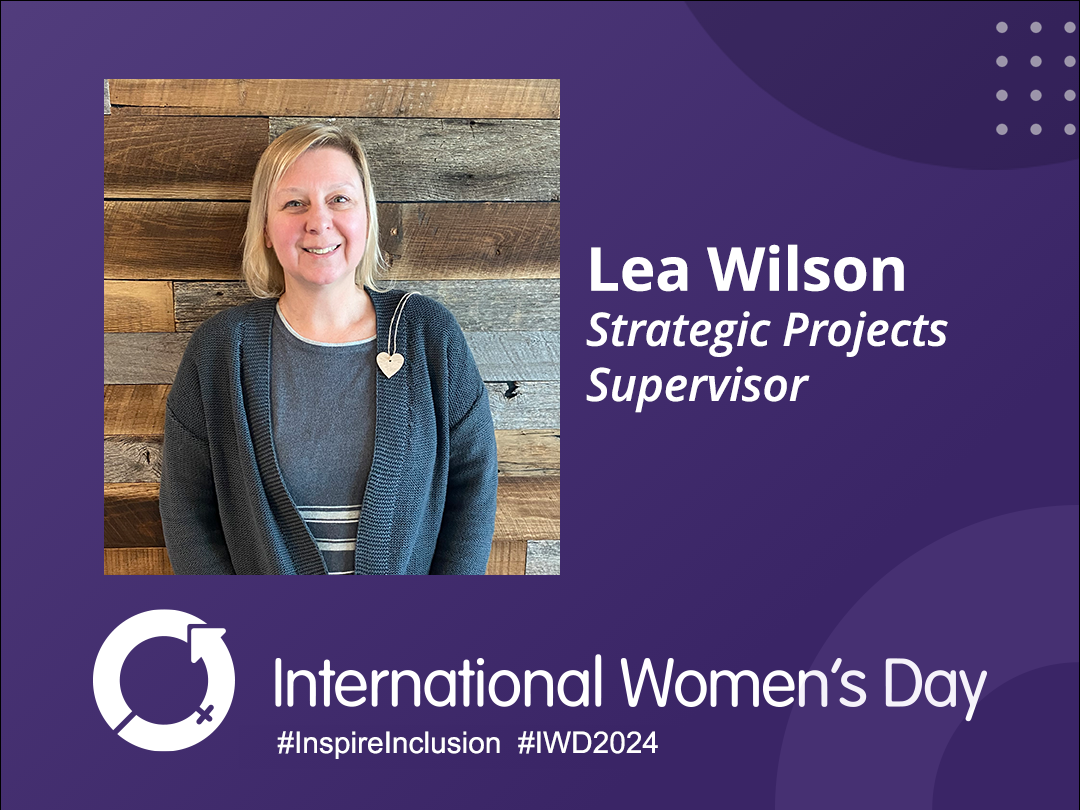
For the first time in its 82-year history, this year’s March Madness tournament, which was held in venues across Indiana, went carbon neutral. Achieving carbon neutral status meant offsetting the emissions from energy consumed at the events allocated at five venues during the tournament. However, before such emissions could be offset, the data on exactly how much carbon was emitted from the tournament needed to be collected. This was accomplished by a team that included two Sustainability Management and Policy majors at IUPUI, junior Jonathon Lewis and sophomore Megan Grubbs. We interviewed them regarding their experience and involvement with the tournament.
IUPUI Sustainability Management
& Policy Major
IUPUI Sustainability Management
& Policy Major
As sustainability students, this was a unique opportunity to get “real-world” experience working on a sustainability project for a nationally recognized event. “Working with Heritage, ClimeCo, the NCAA, and other highly credited names was exciting when I first became part of this project,” Megan Grubbs said. “Their interest in this project showed that what we were doing was important. I was also excited to see these companies take the initiative of making the events this country loves a little greener for future generations.”
Making an impact, and in their home state no less, instilled a sense of pride in the students. In the words of Jonathon Lewis, “I got to do sustainability work that actually helped make a more significant difference than I am used to.”
Megan echoed this sentiment, saying “I take pride that Indiana was the first state to achieve this carbon-neutral March Madness Tournament. It’s exciting to see your city take the needed steps to make our homes stay beautiful for the next generations. I hope other cities take our lead when hosting big events.”
This experience not only gave students insight into the sustainability industry but also provided the skills they may not otherwise have learned, while also highlighting a new potential career path. “The most valuable thing I learned was probably about how to calculate and convert various sets of energy data into greenhouse gas emissions data,” Jonathon said, indicating he’d be interested in greenhouse gas reporting after graduation.
Similarly, Megan told us her interests currently lean toward sustainability consulting. “The learning process was also my favorite part. Prior to this project, I was unaware of this possible path for my future. I hope to continue being part of greenhouse gas reporting for other businesses that see the importance of lowering their carbon footprint.”
Reflecting on the bigger picture, both students emphasized the precedent set by such a prestigious event going carbon neutral, and the need for others to follow. “I think it would be greatly beneficial for large events like March Madness to team up with universities and companies [on] sustainability work as I feel we (universities and companies like ClimeCo and Heritage) can offer unique and important sustainability services that can help the planet and everyone else,” Jonathan said.
“The most valuable thing I learned from this project was the need for it. The amount of energy exerted to keep one building operational during these events was considerable. Cities and the citizens love having these events because they do create many great things for the community. Yet, they do this at a cost to our environment. By being more conscious of the carbon footprint we leave and finding solutions to offset them, we can ensure future generations will be able to enjoy the same luxuries we do,” Megan concluded.
Check out these other resources to learn more about the carbon neutral March Madness Tournament and the projects that were purchased to offset:
https://www.climecogreen.com/project/crow-lake-wind-farm/?tonnes=1
https://greensportsalliance.org/march-madness-will-be-carbon-neutral-event/
More News From Heritage
-
6/27/24
Heritage Environmental Services to Acquire EBV from General Dynamics
Heritage Environmental Servicess, an EQT Infrastructure portfolio company, will acquire EBV from General Dynamics
-
6/13/24
Meet The Facilities – East Liverpool
An inside look at our incineration facility located in East Liverpool, OH
-
5/24/24
Habitat for Humanity 2024
Heritage hosted our 14th annual Habitat for Humanity build this month, partnering with over 50 employees from various THG companies.
-
5/6/24
Date set for the household hazardous waste collection in East Liverpool, Ohio
-
3/12/24
Equal Pay Day – Spotlighting Our Female Drivers
-
3/8/24
International Women’s Week Spotlight – Shannon Dippel
For International Women's Week, we're spotlighting some of the incredible women in the Heritage family. Our final spotlight is Shannon Dippel.
-
3/8/24
International Women’s Week Spotlight – Susan Adams
For International Women's Week, we're spotlighting some of the incredible women in the Heritage family. Our sixth spotlight is Susan Adams.
-
3/7/24
International Women’s Week Spotlight – Lea Wilson
For International Women's Week, we're spotlighting some of the incredible women in the Heritage family. Our fifth spotlight is Lea Wilson





